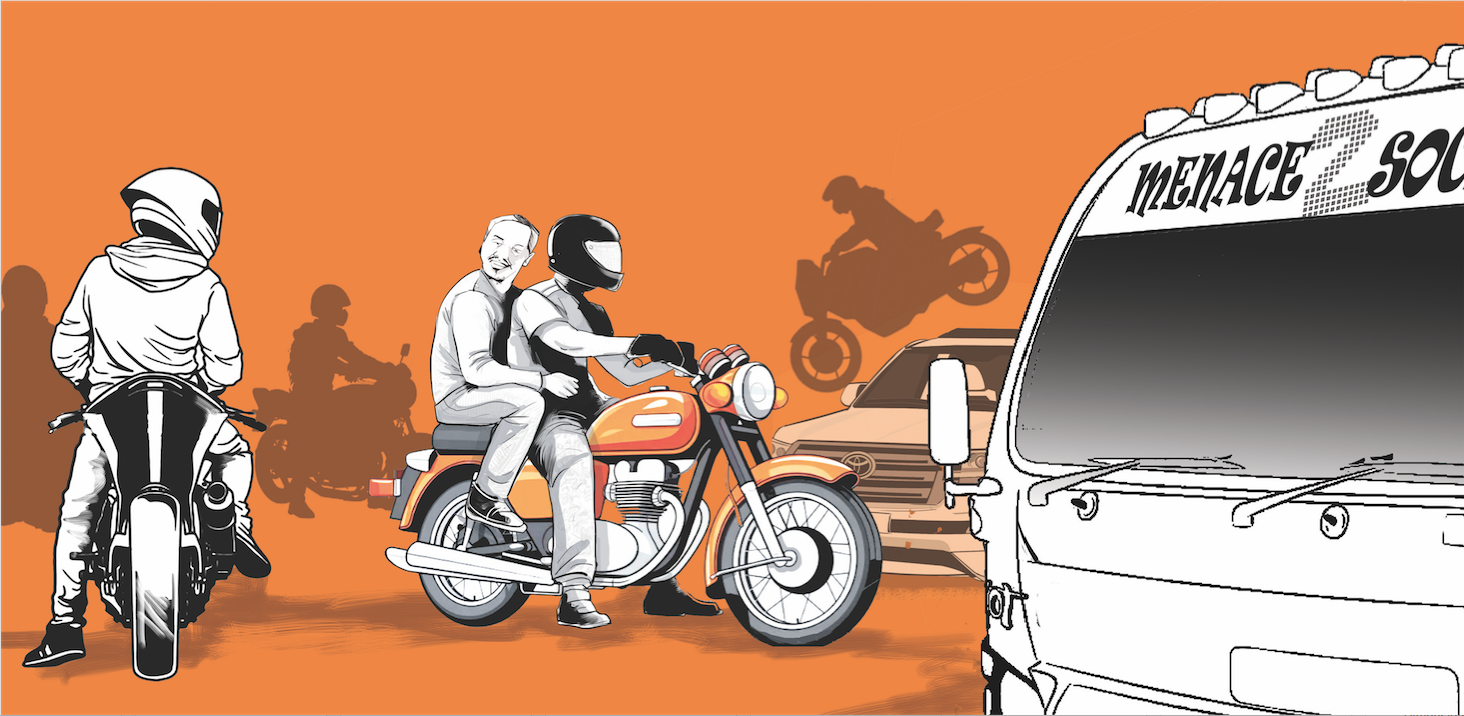

In the common law jurisdiction, the Londoner on the Clapham omnibus is the hypothetical “reasonable man” who is deployed in the law of torts as the prototype of an average, normal person.
Another variation of this “reasonable man” is “the man who takes the magazines at home, and in the evening pushes the lawn-mower in his shirt sleeves”.
In the Nairobi of the 90s, the reasonable man would be the mid-level clerk in a government department who took the Kenya Bus Service (KBS) bus from work, and often took with him the daily newspaper to fill the crossword puzzle.
The reasonable man is presumed to have a number of qualities that enable him to conduct himself in a manner as not to predispose himself or his immediate neighbour to unreasonable harm or risk.
Prudence guides him, as does common sense, balancing between risks and benefits. He is not perfect, just ordinary, but he can foresee possible harm from their unreasonable conduct.
The Nairobi reasonable man of the 80s was mindful of his duty towards others, took reasonable care in his conduct and exhibited a fair degree of foresight in his conduct and dealings with others.
While sewers were clogged with undesirable wastes, he took reasonable care not to throw things that would clog the sewers. More often than not, he threw litter in the bins that were then provided by the City Council for that purpose.
The reasonable KBS driver took practical care to only stop at designated bus stops, and only for purposes of picking up or dropping off passengers. He kept time and bus schedules were largely predictable to passengers and his supervisors.
The conduct of the “reasonable man” across all cadres of public service, public life, family, church, civil society, and even in the streets could be applied as the baseline, expected conduct of an ordinary Nairobian.
Generally, order prevailed. It was always assumed that Nairobi could never sink below this baseline. Bylaws were in place to enforce this bare minimum conduct and promote higher, positive conduct.
It seems that over time, the reasonable man of the 80s and his reasonable conduct have been overthrown and confined to the dustbin of history. The reasons for this are many; from weak enforcement regimes, runaway impunity, to corruption and weak social support structures which promote good conduct.
The poster child for Nairobi’s reasonableness is undoubtedly the “boda boda man” riding on a motorcycle in the inner lane of Mombasa road carrying a pillion passenger without a helmet.
He conducts himself with reckless abandon, swapping the lanes dangerously with no indication, rides against oncoming traffic, zooms past traffic lights and zebra crossings alike and stops in the middle of the road for his passenger to alight.
He is not licensed and does not care to; he has no insurance or training in road use. Whenever there is an accident, the boda boda man is always the victim. His comrades in impunity swarm the scene, take the law into their own hands and punish his victims.
He is in good company with the matatu drivers who facilitate this disorder with their own forms of disorder. Loud, reckless, fast and furious, matatus run their own show in Nairobi.
Their disorder is sanctioned in all of the important offices, and law enforcement officers have resigned to their fate or joined the fray. The new philosophy, it seems, is “every one for himself” with very little consideration for common welfare.
The base conduct of Nairobi’s brand new second-hand “reasonable man” is replicated in the conduct of pedestrians, cyclists, hawkers, police, judicial officers, enforcement officers, advocates, political leaders, journalists and civil servants.
Across the country, there is a palpable attempt to adopt the new low and to legitimise it. A new gangland culture is forcefully emerging, threatening to overrun the civil order that has sustained the republic for ages.
The state is beginning to give indications of sanctioning the various shades of this gangland situation building up through weak, condoning responses, and in some instances waving them on.
The “conclave” former Prime Minister Raila Odinga invoked is necessary and urgent.
Musau is a Senior Project Manager, Friedrich Naumann Foundation, member, Media Complaints Commission, and advocate of the High Court of Kenya












